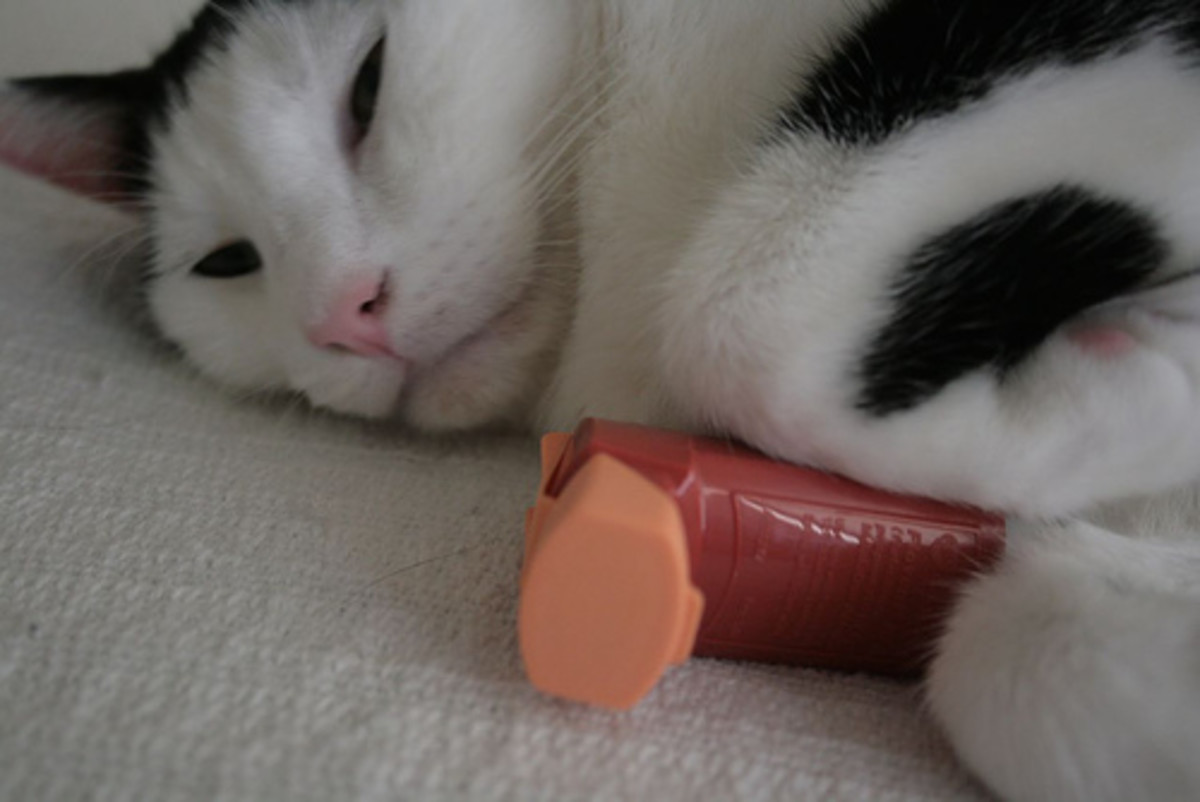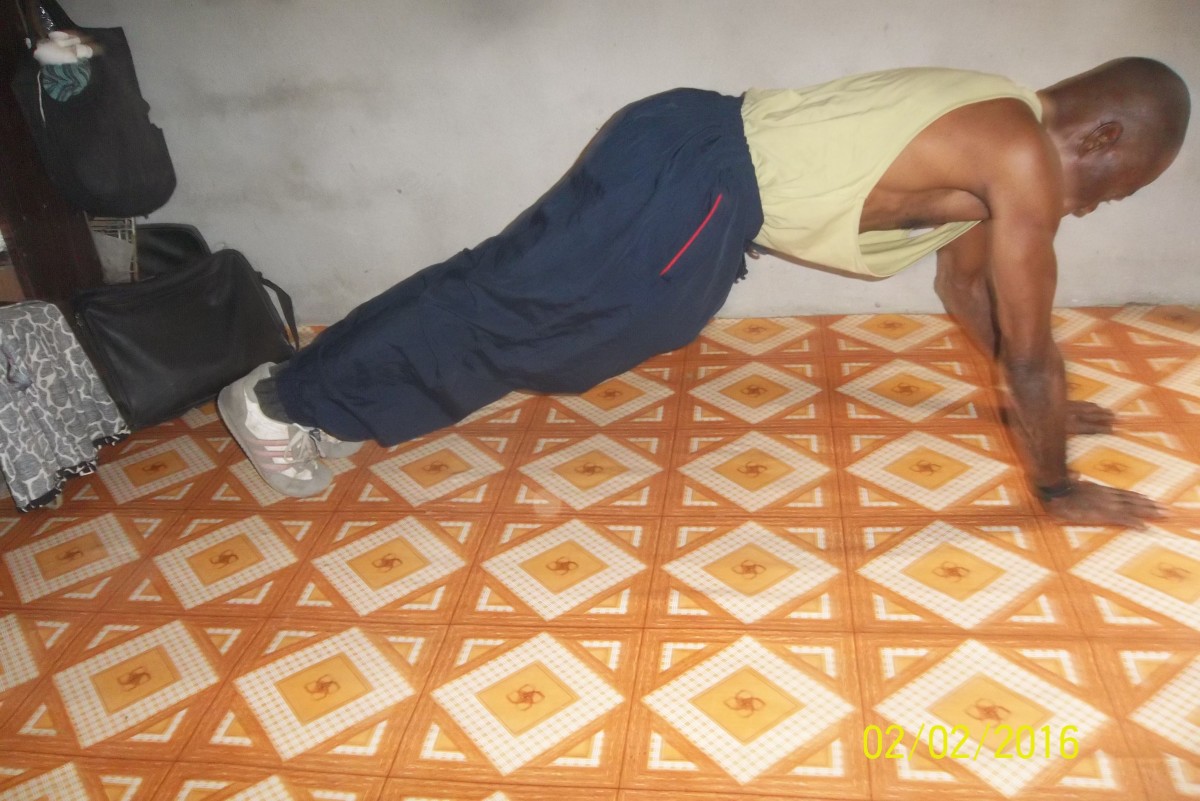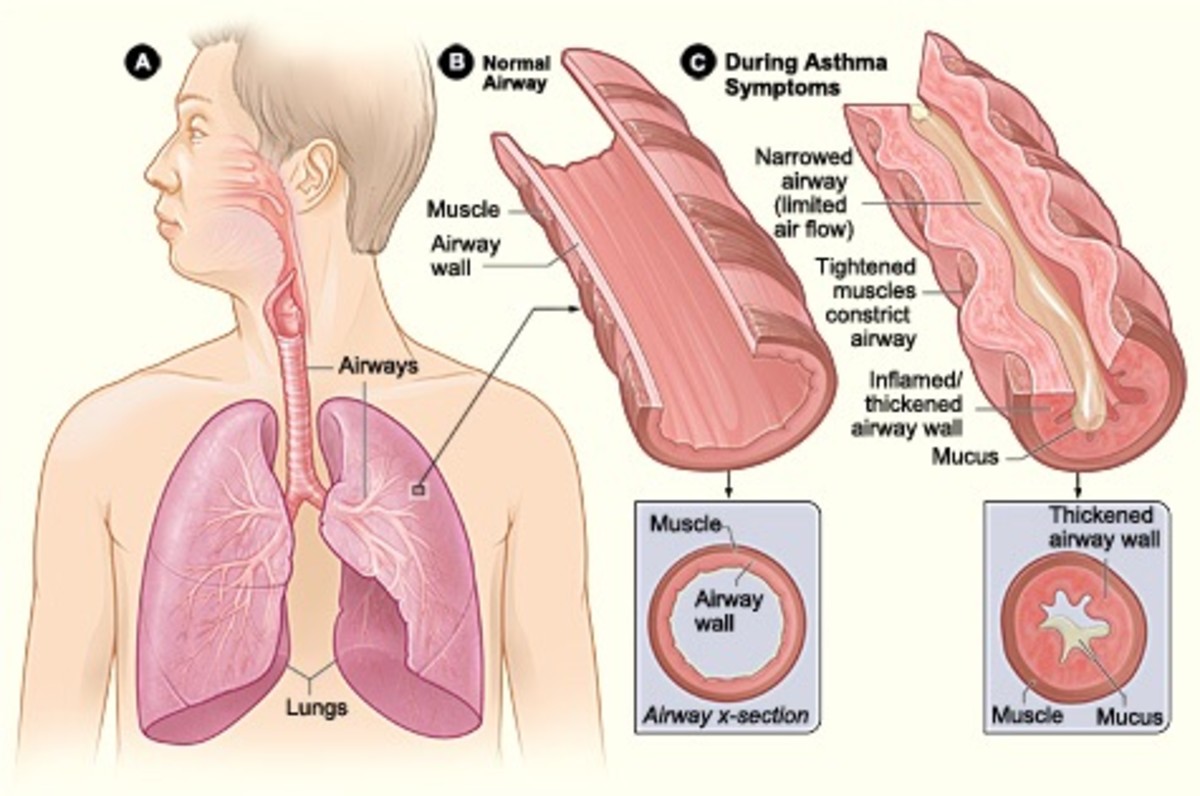Can I Exercise Even Though I Have Asthma?
The simple answer is yes, you can exercise even if you have asthma. But there are certain factors that you have to keep in mind before, during and after exercising.
An asthma attack occurs due to an exaggerated response of the airway to a stimulus. The stimuli can be dust, pollen, cold air etc. The stimuli trigger the following changes in the airway which leads to an asthma attack:
- Increased mucus secretions from the airway glands: The airway contains numerous glands which secrete mucus. Normally this mucus has a protective function and is beneficial for us. But in asthma there is an excessive secretion of mucus which clogs up the airway. When this happens breathing becomes difficult.
- Swelling of the airway: In an asthma attack, the airway swells up and this leads to narrowing of the lumen of the airway. When the lumen becomes narrow, the amount of air that can pass through decreases and again breathing becomes difficult.
- Constriction of the airway: The smooth muscles of the airway contracts, which again leads to narrowing of the airway.
What to do before exercise to prevent exercise-induced asthma?
- Stay well hydrated.
- Always carry your quick relief (blue) inhaler with you. This is usually albuterol/sulbutamol.
- Take your quick relief (blue) inhaler 15 minutes before exercising.
- Do proper warm up and stretching for at least 10 minutes before exercising. Then at the end of exercise cool down properly.
- If you are in a cold environment wear a mask over your mouth and nose so that cold air doesn't get in.
- Avoid dust and pollen and any other stimuli.
- It’s always best to talk to your physician about what kind of exercises you can do.
- Do not exercise if you have a viral infection, like cold.
- If possible exercise indoors in a controlled environment.
What to do if I get asthma attack during an exercise?
During an exercise if you feel an asthma attack is coming do the following:
- Stop the exercise
- Take your quick relief (blue) inhaler. This is usually albuterol/sulbutamol.
- Take rest for a few minutes.
- If you feel better then you can continue with your exercise.
- But after sometime if you feel another attack is coming then stop the exercise, take your quick relief inhaler again and consult with a physician.
- If you don’t have your inhalers with you and you feel like your symptoms are getting worse then you must go to the nearest emergency room as soon as possible.
Exercises that are generally well tolerated by asthma patients:
- Swimming
- Bicycling
- Golf
- Walking
- Weightlifting
One point that you should never forget:
Never forget to take your quick relief (blue) inhaler with you.








